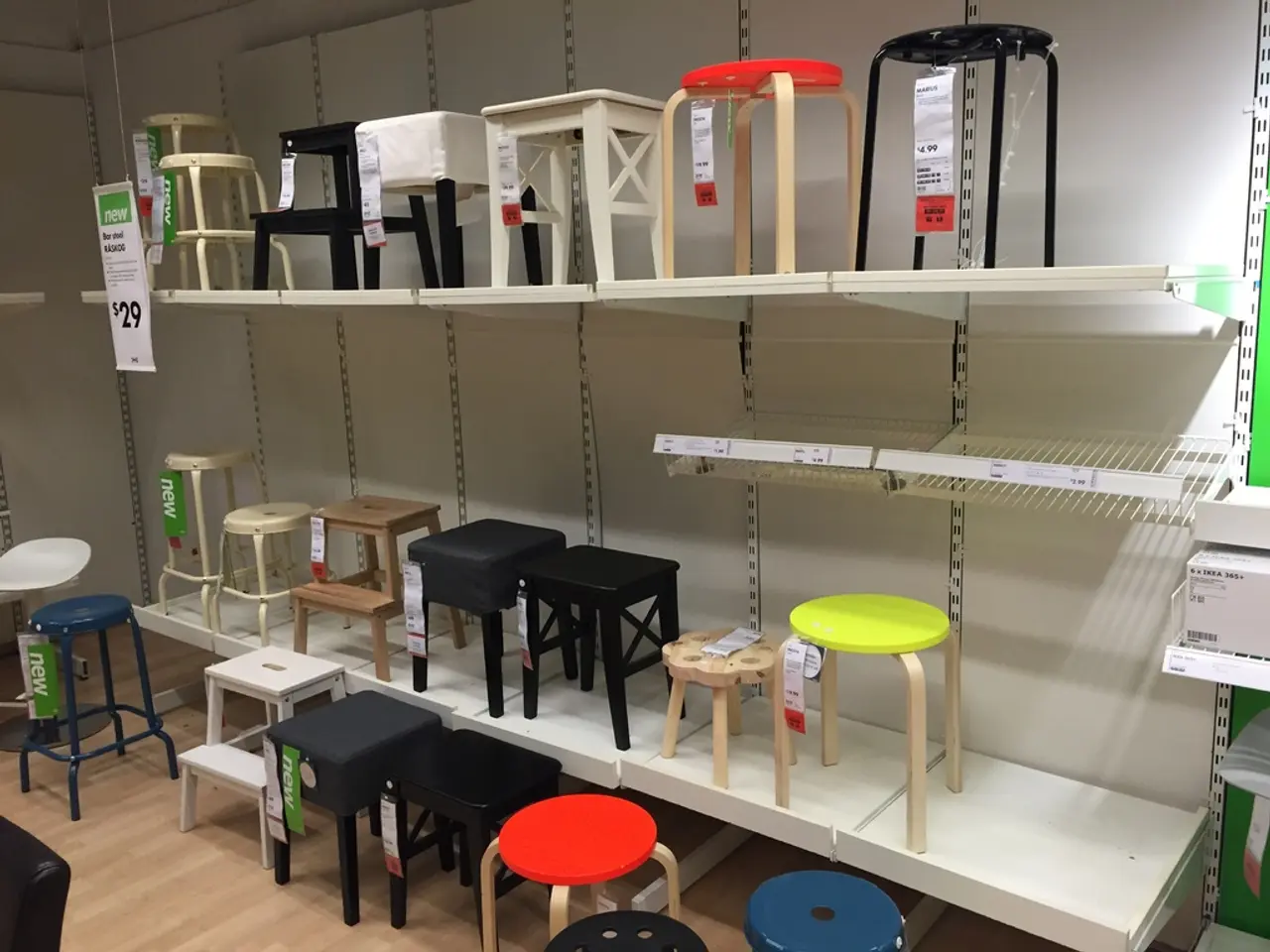Cost of Installing a Geothermal Heat Pump Detailed
## Geothermal Heat Pumps: A Cost-Effective and Efficient Solution for Home Heating and Cooling
Geothermal heat pumps, also known as ground-source heat pumps, are an increasingly popular choice for homeowners seeking energy-efficient and cost-effective heating and cooling systems. In this article, we will discuss the costs associated with installing a geothermal heat pump, the factors that influence these costs, and the long-term savings that homeowners can expect.
### Average Costs of Geothermal Heat Pump Systems
The cost of installing a geothermal heat pump system varies depending on the location, system size, and type of ground loop. In the United States, the average cost ranges from $15,000 to $35,000, with most homeowners paying between $25,000 and $45,000. In the UK, installation costs are generally higher, averaging £18,000 to £50,000 per system. Systems are often priced at $4,000 to $8,000 per ton of heating/cooling capacity, with the average home requiring a 4-ton system.
Government incentives can significantly reduce the effective cost to the homeowner. In the UK, grants of up to £7,500 are available through the Boiler Upgrade Scheme. In the US, a 30% federal tax credit is available for installations before December 31, 2032.
### Factors Affecting Installation Costs
Several variables influence the final price of a geothermal heat pump system. These include:
1. **System Size and Capacity:** Larger homes require more capacity, increasing both equipment and installation costs. 2. **Type of Ground Loop:** Horizontal loops are generally cheaper than vertical loops, which require deeper drilling. Pond/lake and open-loop systems have different pricing, with open-loop systems typically being less expensive than closed-loop systems. 3. **Soil and Site Conditions:** Drilling through hard bedrock increases costs. Poor soil conductivity may require longer loops, raising material and labor expenses. 4. **Installation Complexity:** Additional costs arise from ductwork modifications, electrical upgrades, zoning requirements, or the need for multiple heat pumps. 5. **Labor and Equipment:** Regional labor rates and the cost of equipment (such as the heat pump unit and ground loop materials) vary by location. 6. **Hidden Costs:** Homeowners should budget for potential costs such as permits, landscaping restoration after excavation, and system design/engineering fees. 7. **Renovation Needs:** Retrofitting an older home may require more extensive modifications, increasing installation complexity and cost. 8. **Grant Availability:** Government grants and tax credits can significantly reduce the effective cost to the homeowner.
### Long-Term Costs and Savings
Geothermal systems can reduce heating costs by 25% to 70% and cooling costs by 20% to 50% compared to conventional systems, with annual savings estimated at $700 to $1,500. The indoor heat pump typically lasts 20 to 25 years, while ground loops can function for 40 to 60 years—longer than conventional HVAC systems. Most homeowners recoup installation costs through energy savings within 5 to 10 years.
Maintenance for geothermal systems is generally less frequent and less costly than traditional HVAC systems. Geothermal systems require minimal maintenance, with a professional HVAC technician inspection and tune-up recommended once a year.
### Cost Comparison Table
| Factor | Typical Range (US) | Typical Range (UK) | |--------------------------|-------------------------|-------------------------| | Total System Cost | $15,000 – $35,000 | £18,000 – £50,000 | | Cost per Ton | $4,000 – $8,000 | N/A | | Government Incentives | 30% federal tax credit | Up to £7,500 BUS grant | | Energy Savings | 25%–70% heating, 20%–50% cooling | N/A | | Payback Period | 5–10 years | 5–10 years |
In conclusion, the average cost of a geothermal heat pump system installation is $15,000–$35,000 in the US and £18,000–£50,000 in the UK. Significant savings on utility bills, long system lifespans, and available government incentives help offset the upfront investment. Careful evaluation of site-specific factors is essential for accurate cost estimation. By choosing a geothermal heat pump, homeowners can enjoy energy-efficient, cost-effective, and environmentally friendly heating and cooling solutions.
- To maximize long-term savings, homeowners might consider investing in geothermal heat pumps, as they can offer financial benefits like reducing heating costs by 25% to 70% and cooling costs by 20% to 50%.
- In terms of environmental impact, geothermal heat pumps are considered environmentally friendly because they use clean, renewable energy from the Earth's heat, thus contributing to mitigating climate-change effects.
- Another advantage of geothermal heat pumps is their durability, with the indoor unit lasting 20 to 25 years, ground loops functioning for 40 to 60 years, and most homeowners recovering installation costs through energy savings within 5 to 10 years.
- For those interested in real-estate investments, properties equipped with energy-efficient geothermal heating and cooling systems may have increased value, making them attractive to potential buyers who prioritize environmental-science advancements and efficient technology.




